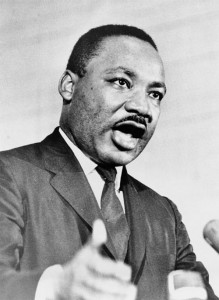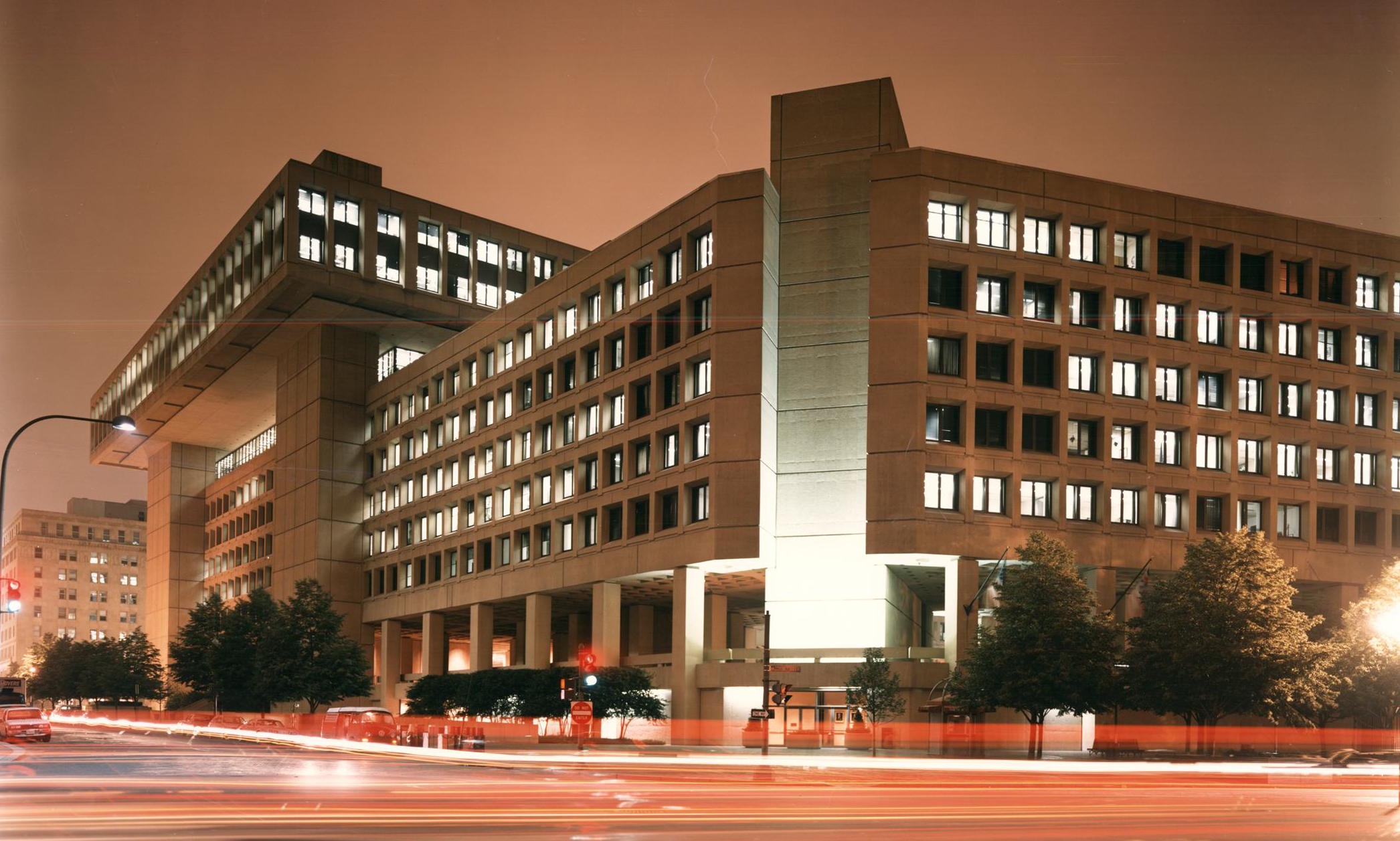 Steve Neavling
ticklethewire.com
Steve Neavling
ticklethewire.com
While Martin Luther King Jr.’s “I Have a Dream” speech inspired African Americans in 1963, the FBI was worrying aloud whether the civil rights leader was gaining too much influence and popularity, Bloomberg reports.
Two months after the speech, then-Attorney General Robert Kennedy approved a campaign to spy on King in an attempt to smear his reputation.
“The FBI’s program to destroy Dr. King as the leader of the civil rights movement entailed efforts to discredit him with churches, universities and the press,” read a 1976 U.S. Senate report nicknamed, “Church Committee.”
The urgency was clear, Bloomberg reported.
“Personally, I believe in the light of King’s powerful, demagogic speech” that “he stands head and shoulders over all other Negro leaders put together when it comes to influencing great masses,” said William Sullivan, head of the FBI’s domestic intelligence division during the King surveillance program. “We must mark him now, if we have not done so before, as the most dangerous Negro of the future in this Nation from the standpoint of communism, the Negro and national security.”
The campaign also included an investigation into “community influence on the Negro,” an Oct. 1, 1963 memo read.
“FBI officials viewed the speech as significantly increasing King’s national stature,” Pulitzer Prize winning historian David Garrow told Bloomberg. King was viewed as “measurably more ‘dangerous’ in the FBI’s view.





